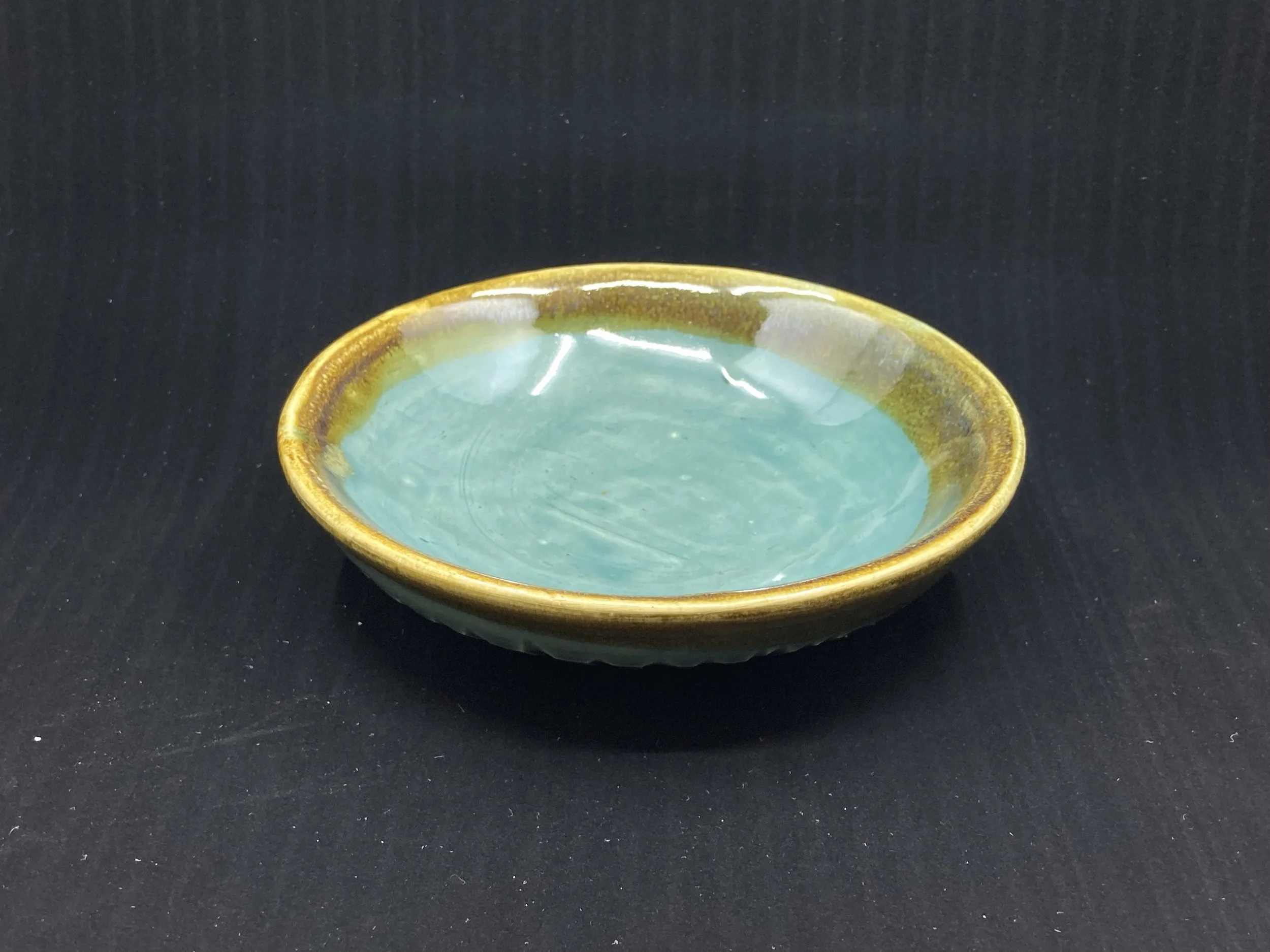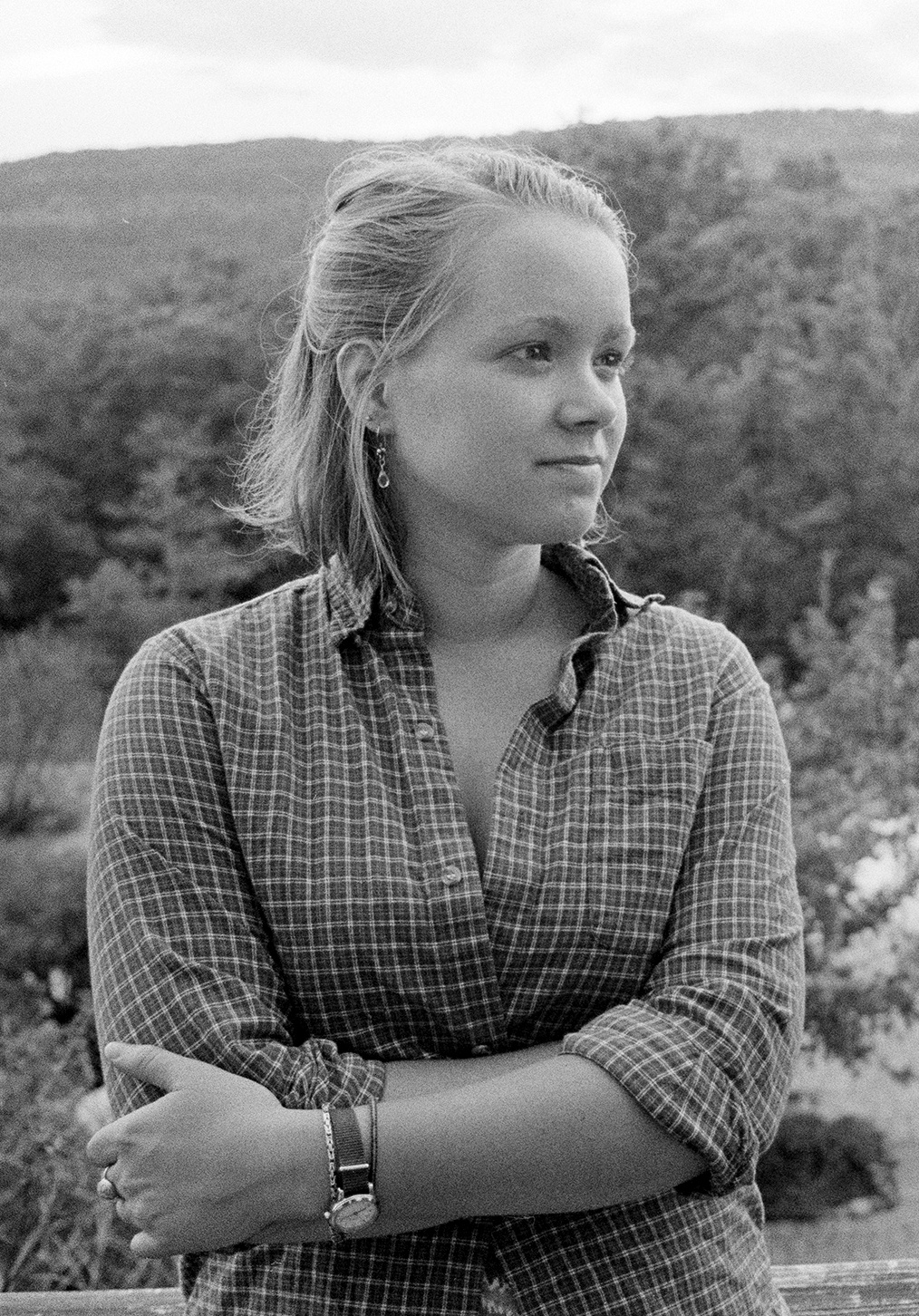Farmer Anne's Thoughts About That Tough Month
I always advise other farmers to refrain from making big decisions in July. I have told enough friends this piece of advice that it has begun to make its way back to me. “Anne, you know what you say, you should never make big decisions during the month of July.” Why, you ask? July is an interesting time as a farmer. You started sowing seeds in the greenhouse during the end of February. You have been going full force (ish) for five months, and have another five months of steady work ahead of you. Often times the weeds have taken over (though, I must say, Poughkeepsie Farm Project is a miraculously almost weed-free farm, go team!). The heat is making certain crops jump for joy (tomatoes and melons), and other crops hang their head in defeat (lettuce, brassicas, and the sweaty farmers themselves). There has been enough time for a few diseases and insects to do some real damage on certain crops. The true bounty that is the months of August and September hasn’t quite kicked in yet. You are waiting on the tomatoes and peppers to ripen up, as you pick cucurbits all day long, leaving your arms scratched and you palate craving sweet. Farmers can be a little tired, worn out, maybe even a little discouraged in July.
But, here’s the thing about July. It’s a GREAT time to bite into that first watermelon. To taste the first sungold of the season. To make your first bouquet of the year. To “hug it out,” (as I say), with your crew after you finish planting the last bed of brassicas on plastic (which is possibly one of the most frustrating tasks for this farmer). To sit and catch up with a friend in the blueberry bushes, nibbling away as you chat. To take time to jump into cold bodies of water. To sit after work and gaze at your yard for half an hour, doing nothing but watching, being, seeing.
This leads me to one of my favorite quotes, which I feel is one of those saving graces, an important reminder for all of us, especially for farmers during the month of July. The following is an excerpt from Annie Dillard’s book 'Pilgrim at Tinker Creek'.
When I was six or seven years old, growing up in Pittsburgh, I used to take a precious penny of my own and hide it for someone else to find. It was a curious compulsion; sadly, I’ve never been seized by it since. For some reason I always “hid” the penny along the same stretch of sidewalk up the street. I would cradle it at the roots of a sycamore, say, or in a hole left by a chipped-off piece of sidewalk. Then I would take a piece of chalk, and, starting at either end of the block, draw huge arrows leading up to the penny from both directions. After I learned to write I labeled the arrows: SURPRISE AHEAD or MONEY THIS WAY. I was greatly excited, during all this arrow-drawing, at the thought of the first lucky passer-by who would receive in this way, regardless of merit, a free gift from the universe. But I never lurked about. I would go straight home and not give the matter another thought, until, some months later, I would be gripped again by the impulse to hide another penny.
It is still the first week in January, and I’ve got great plans. I’ve been thinking about seeing. There are lots of things to see, unwrapped gifts and free surprises. The world is fairly studded and strewn with pennies cast broadside from a generous hand. But—and this is the point—who gets excited by a mere penny? If you follow one arrow, if you crouch motionless on a bank to watch a tremulous ripple thrill on the water and are rewarded by the sight of a muskrat kid paddling from its den, will you count that sight a chip of copper only, and go your rueful way? It is dire poverty indeed when a man is so malnourished and fatigued that he won’t stoop to pick up a penny. But if you cultivate a healthy poverty and simplicity, so that finding a penny will literally make your day, then, since the world is in fact planted in pennies, you have with your poverty bought a lifetime of days. It is that simple. What you see is what you get.
May we all recognize the many pennies in our lives. The farm is rich with them these days.
--Anne Eschenroeder (Assistant Farm Manager)



























![1[1].png](https://images.squarespace-cdn.com/content/v1/54d92326e4b013db7f629918/1427825469714-QQRASYRIRYRE50P3LFDG/1%5B1%5D.png)







